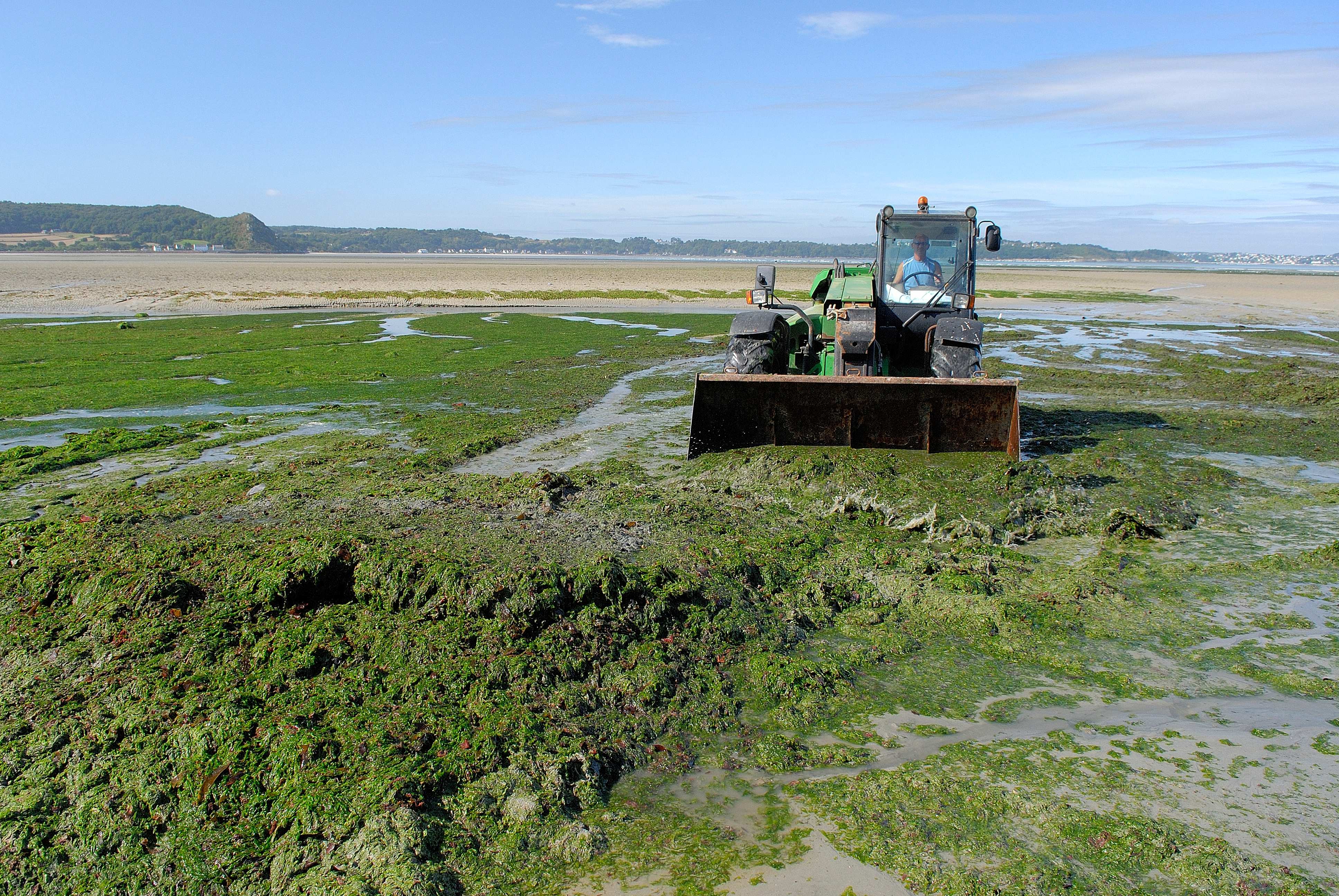
The Isle of Wight looks set to play a key role in reducing nitrate levels in the Solent.
A new trial scheme, which aims to offset nitrate pollution in our waters, is to be rolled out over the next two years.
Nitrate pollution is partly caused by developers who disturb nitrogen-rich soil. This leads to Nitrogen entering watercourses and, in turn, marine sites.
A new scheme aims to implement measures designed to remove, capture, or absorb nitrates created through housing developments, prior to them reaching the sea.
Under the scheme, developers can buy credits to offset the nutrient footprint of new homes.
These credits can then be used to create new habitats such as wetlands, meadows and woodland to help prevent harmful levels of nutrients reaching the Solent.
As part of plans to combat the issue, Hampshire and Isle of Wight Wildlife Trust has purchased Little Duxmore Farm.
It is hoped the site's acquisition will offer ‘nature based solutions’, with the Trust rewilding the land.
Plans are being backed by Isle of Wight MP Bob Seely, who shared his concerns with the Environment Secretary last year.
He said:
“I am pleased the Government is taking steps to alleviate the damage caused to wildlife, salt marshes and seagrass beds by excessive nitrate levels in the Solent.
“Our Marine Conservation Zones are there to safeguard special wildlife and habitats so we must look to protect them. Of course, there is another way to reduce nitrogen levels in watercourses and that is to stop unnecessary greenfield development. I am working to persuade the Government to change its approach to housing which currently requires vast numbers of houses to be built on greenfield sites across the country.”
Debbie Tann, CEO of Hampshire and Isle of Wight Wildlife Trust, said:
“Nitrate pollution in the Solent wreaks havoc with our vital marine ecosystems, suffocating the life out of our seas. This is a really critical issue and, until recently, every new house built simply added to the pressure.
“Now, thanks to Natural England and DEFRA, we are taking important steps towards addressing this problem – ensuring that houses can only be built if the nitrate impact is properly addressed.”
The nitrate trading platform pilot will be rolled out over the next two years and delivered jointly with the Ministry for Housing, Communities and Local Government, Natural England and the Environment Agency.
To find out more about Hampshire and Isle of Wight Wildlife Trust's role in combating Nitrate pollution, click here.


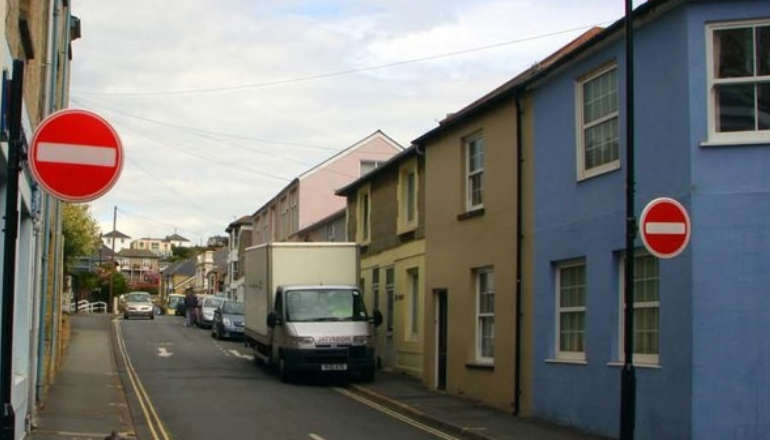 Three Arrested Following Reports Of Woman In Possession Of Firearm In Ventnor
Three Arrested Following Reports Of Woman In Possession Of Firearm In Ventnor
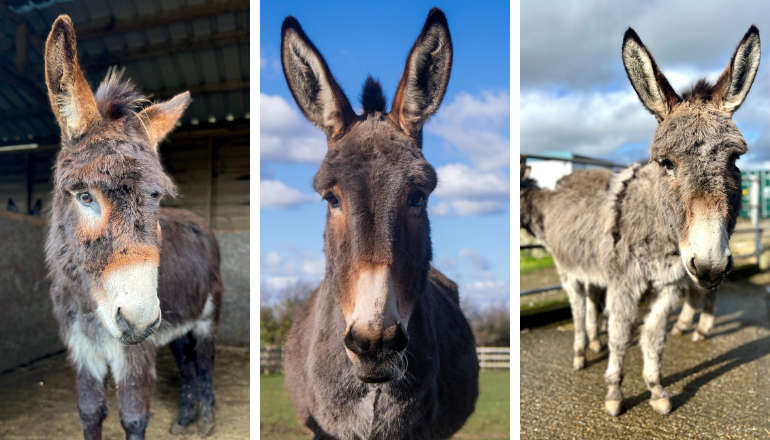 Isle Of Wight Donkey Sanctuary Welcomes 12 New Animals To Its Herd
Isle Of Wight Donkey Sanctuary Welcomes 12 New Animals To Its Herd
 Introduction Of Second Homes Premium – What You Need To Know
Introduction Of Second Homes Premium – What You Need To Know
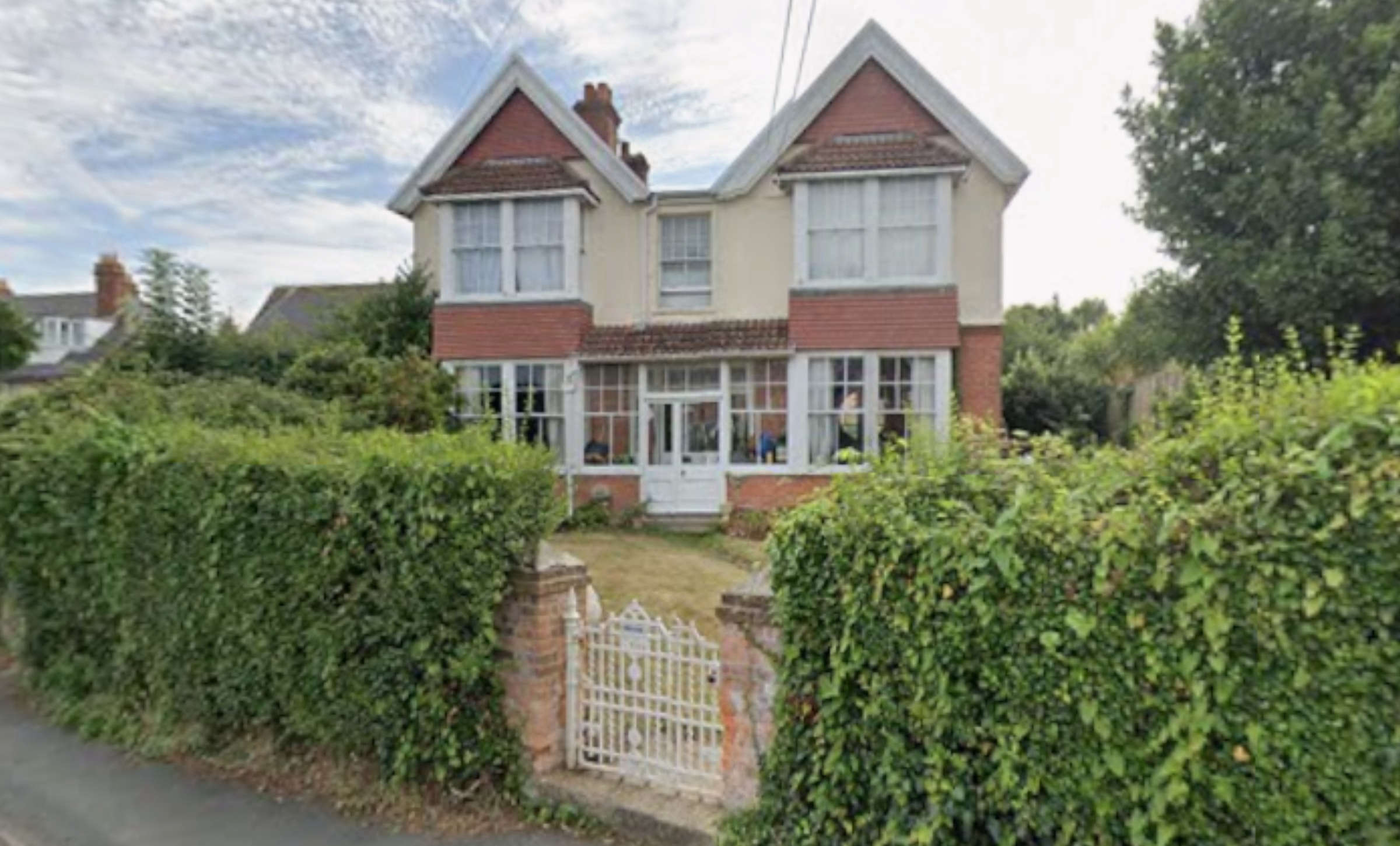 Large Villa-Style Property Could House Four New 'Starter Homes' In Totland
Large Villa-Style Property Could House Four New 'Starter Homes' In Totland
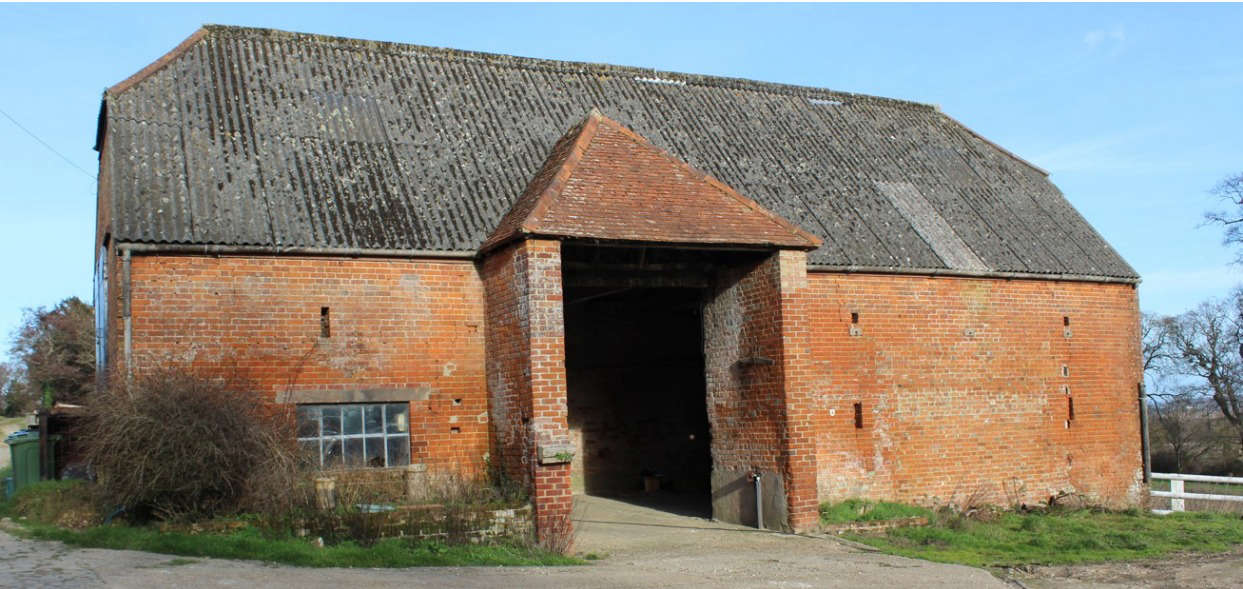 Dutch Braai Restaurant And Weddings Venue: New Plans Revealed For Disused Barns
Dutch Braai Restaurant And Weddings Venue: New Plans Revealed For Disused Barns
 Wave Of Acts Announced For Isle Of Wight Festival 2025
Wave Of Acts Announced For Isle Of Wight Festival 2025
 Discontent With Island Health And Social Care Services On The Rise Again — Report
Discontent With Island Health And Social Care Services On The Rise Again — Report
 Investigation Underway Following Death Of 28 Year-Old Man In Ryde
Investigation Underway Following Death Of 28 Year-Old Man In Ryde
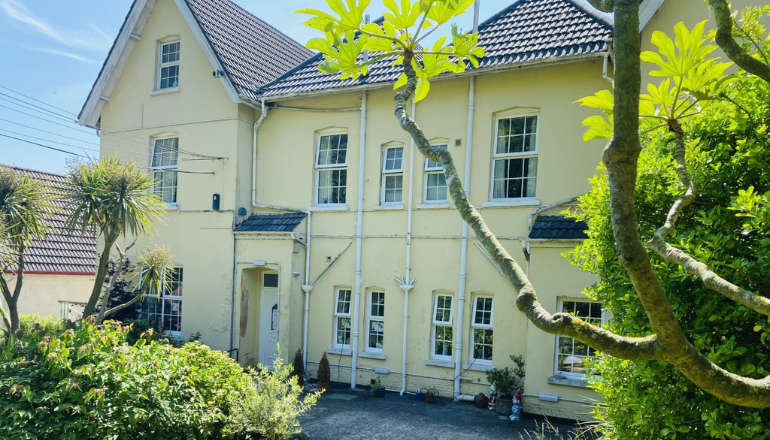 Former Ventnor Care Home Could Be Turned Into 'High Quality Housing'
Former Ventnor Care Home Could Be Turned Into 'High Quality Housing'
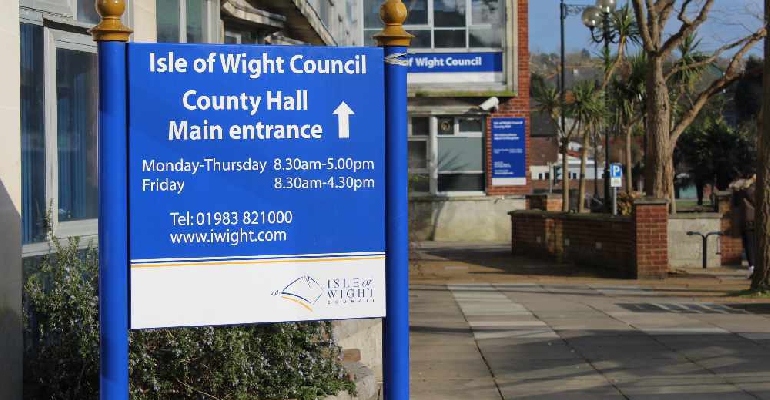 Isle Of Wight Council Fighting To Maintain Status Quo In Face Of Local Government Reorganisation Plans
Isle Of Wight Council Fighting To Maintain Status Quo In Face Of Local Government Reorganisation Plans
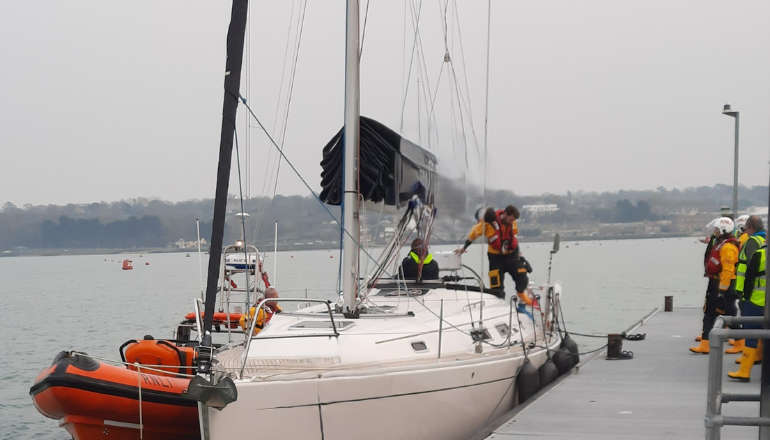 Cowes Lifeboat Team Saves The Day With Rescue Of Crippled Yacht
Cowes Lifeboat Team Saves The Day With Rescue Of Crippled Yacht
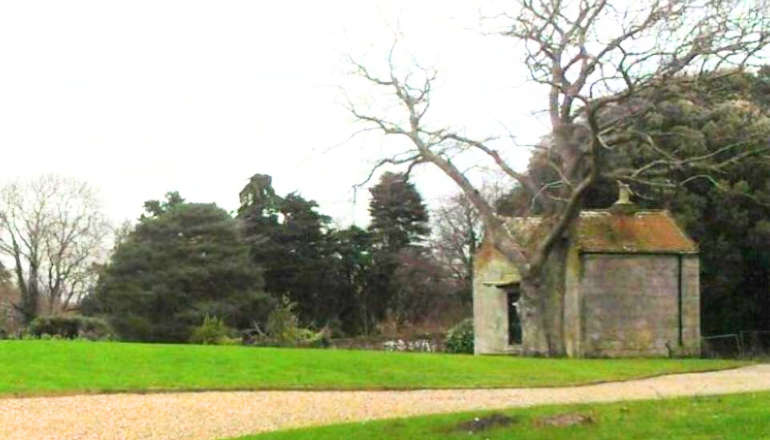 Historic Shanklin Summerhouse To Be Converted Despite Local Opposition
Historic Shanklin Summerhouse To Be Converted Despite Local Opposition
 Teenagers In Drug Arrest Following Coppins Bridge Police Pursuit
Teenagers In Drug Arrest Following Coppins Bridge Police Pursuit
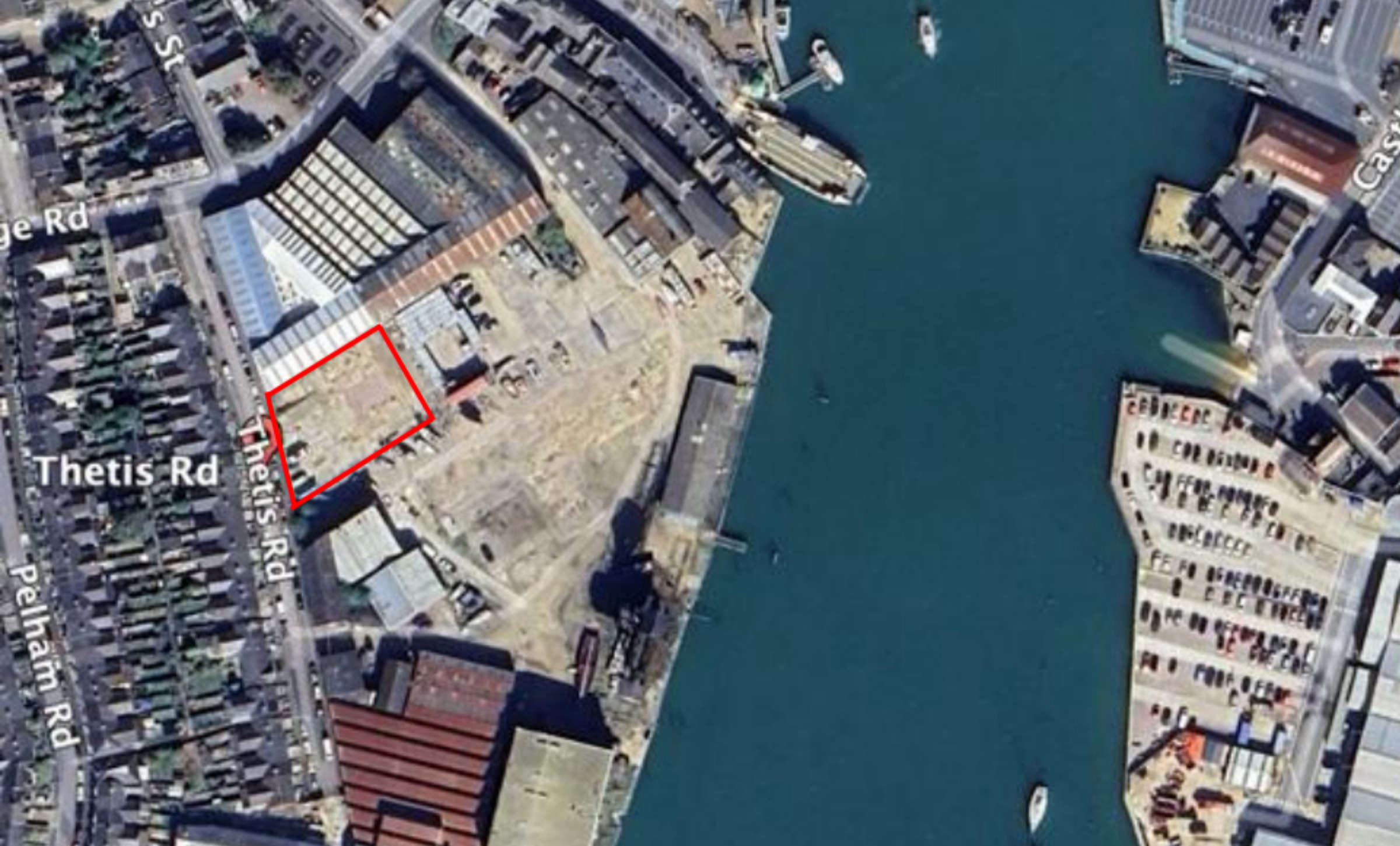 New Warehouse Could 'Support Expanding Companies' And 'Deliver Islander Employment Opportunities
New Warehouse Could 'Support Expanding Companies' And 'Deliver Islander Employment Opportunities
 Tax Breaks Could Be Set To End For Isle Of Wight Private Schools
Tax Breaks Could Be Set To End For Isle Of Wight Private Schools
 Hundreds Attend Island’s Careers, Jobs And Apprenticeships Fair
Hundreds Attend Island’s Careers, Jobs And Apprenticeships Fair
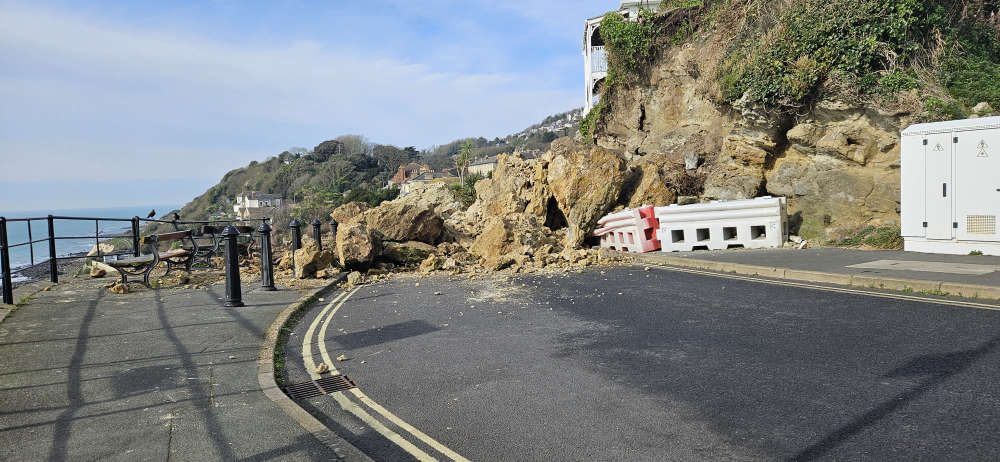 What A Mess — Timeline Of Ventnor Road Repairs In Limbo Following Latest Collapse
What A Mess — Timeline Of Ventnor Road Repairs In Limbo Following Latest Collapse
 Police Pursuit Sees Man End Up In River Medina
Police Pursuit Sees Man End Up In River Medina
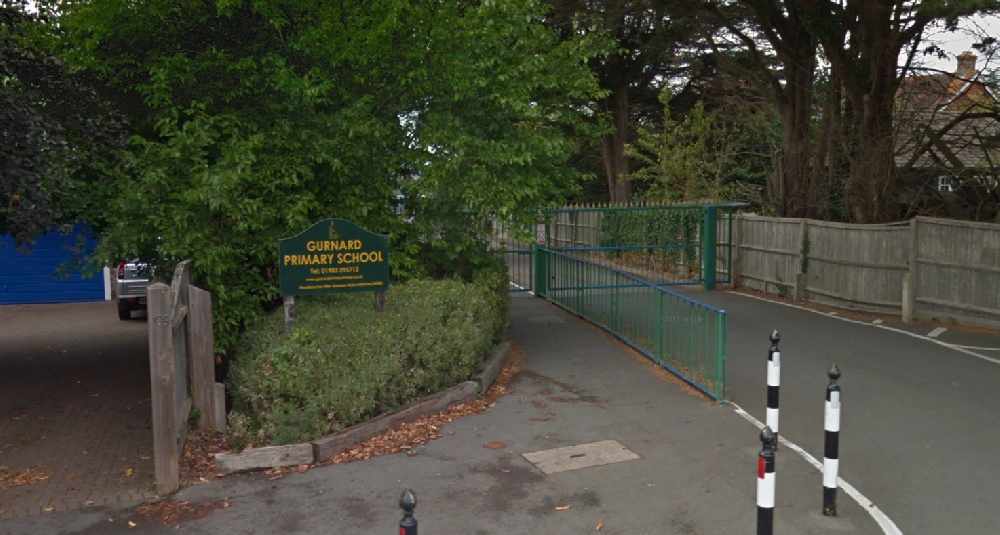 Gurnard Primary School Shines In Latest Ofsted Inspection
Gurnard Primary School Shines In Latest Ofsted Inspection
 Education Cabinet Member Urges Deferral Of School Closures Decision
Education Cabinet Member Urges Deferral Of School Closures Decision


